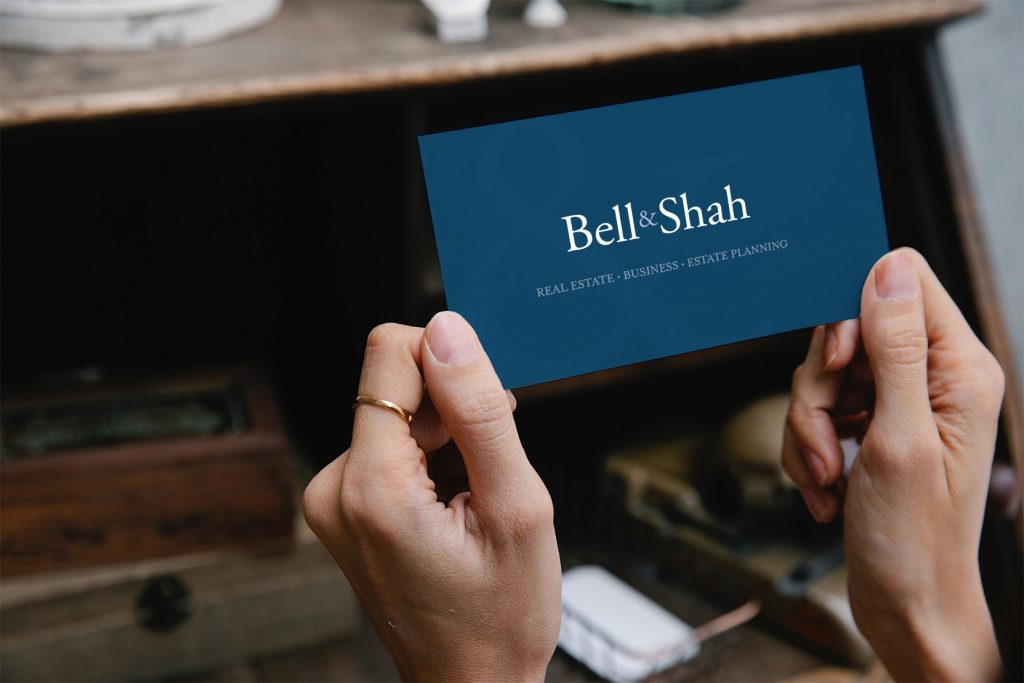Whether you are the owner of a Chicago townhouse or a Champaign County farm, your home is likely to be the most valuable item you own, so it is in your best interests to protect it and the land surrounding it. That includes paying close attention to what your neighbors are doing, because if their land use crosses onto your side of the property line they may be able to gain title to parts of your land under the legal doctrine known as adverse possession. In addition, an unknown trespasser could even squat on your land and make a claim to legal ownership under this doctrine.
The Right of Adverse Possession
To ensure that all of your land remains your own and that others are unable to assert their right to portions of it, learning about the Illinois rules on adverse possession is imperative. Adverse possession involves an individual publicly moving into an abandoned property and making improvements to the property, thus being given legal title to it after a certain period of time. Illinois adverse possession laws require that claimants need to occupy a given property for at least 20 years and to provide either “color of title” or payment of property taxes for at least seven of those years.
Let Us Help You Understand Your Rights
Also known as “squatters’ rights,” adverse possession laws are often brought into play by squatters who occupy land or structures that are left vacant or unused. The term “adverse” refers to the fact that those who are claiming the land or structures are doing so against the wishes of the real title holder(s).
Illinois laws are continually changing, and adverse possession laws, which are anything but clear-cut, are no exception. Thus, it is easy to miscalculate and/or produce a costly procedural error when attempting to interpret these laws, making it essential that you contact an experienced Illinois real estate attorney to handle your adverse possession case. Call 773-635-0355 or go to Bellshah.com today to receive our top-tier, personalized counsel on the ins and outs of adverse possession. We look forward to hearing from you.

